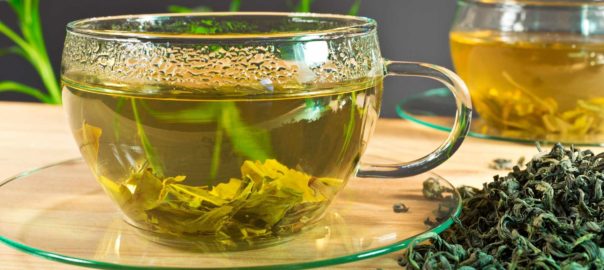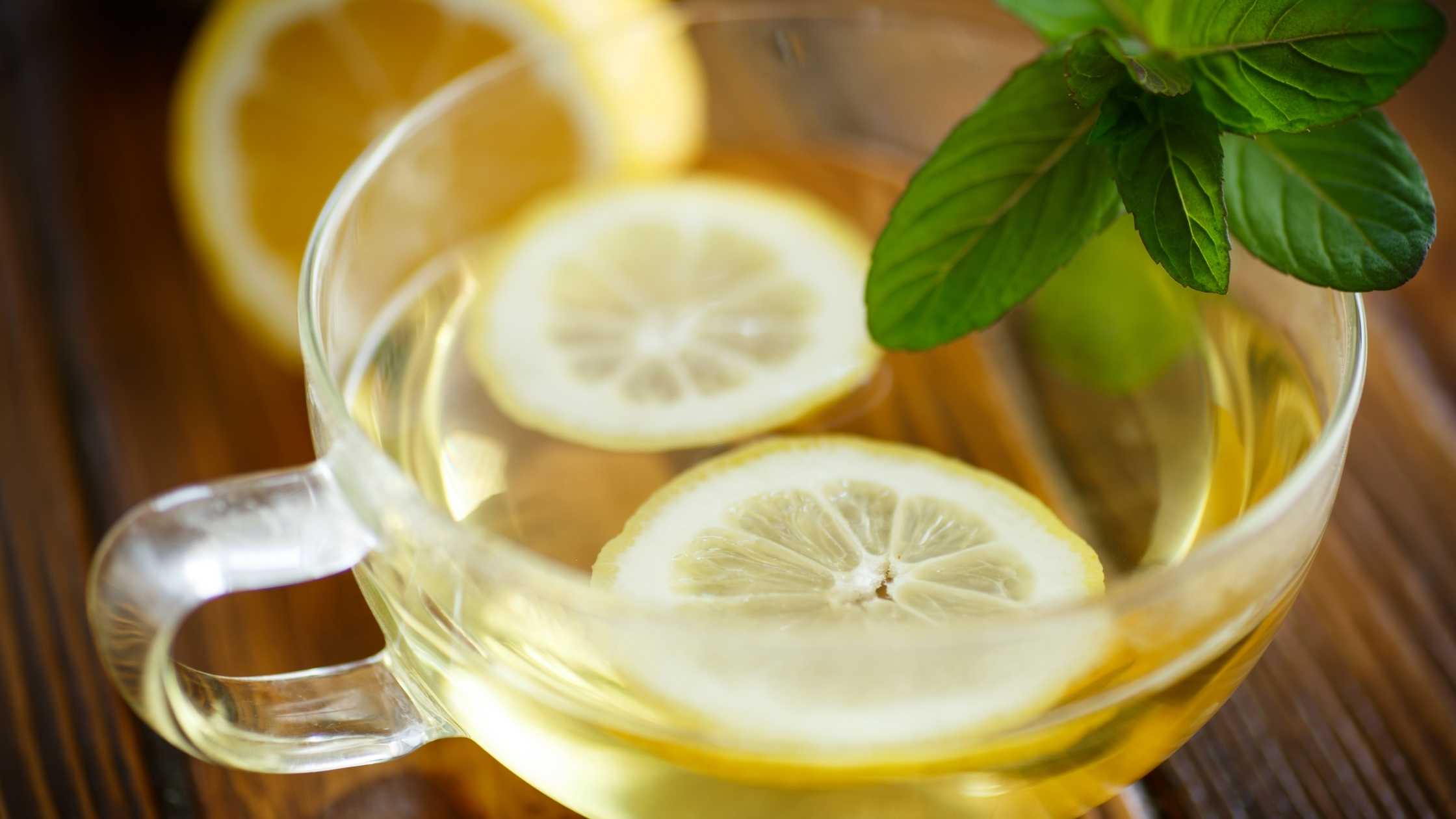October is Breast Cancer Awareness Month. I'm delighted to share an article with you written by Dr. Helayne Waldman, co-author of The Whole Food Guide for Breast Cancer Survivors. Dr. Waldman is a holistic nutrition educator in private practice and a consultant to breast cancer clinics and doctors in the San Francisco Bay Area.
Green Tea For Inflammation
 Inflammation is your immune system’s natural response to an injury, such as a pulled muscle, or to germs, allergens, chemical irritants, and other threats. Your immune system reacts by releasing white blood cells and chemicals into the bloodstream, which infiltrate your tissues, creating the indicators of inflammation that most of us are familiar with: redness, heat, swelling, and pain.
Inflammation is your immune system’s natural response to an injury, such as a pulled muscle, or to germs, allergens, chemical irritants, and other threats. Your immune system reacts by releasing white blood cells and chemicals into the bloodstream, which infiltrate your tissues, creating the indicators of inflammation that most of us are familiar with: redness, heat, swelling, and pain.
This is a normal and appropriate response; our bodies need to stay vigilant in order to fend off an invasion or injury with aggressive pro-inflammatory mechanisms, such as clotting, fever, and swelling. But too often, inflammation becomes a chronic condition, and in this state, we leave ourselves more vulnerable to breast cancer occurrence and recurrence.
An important characteristic of chronic inflammation is its relationship to angiogenesis, the development of new blood vessels that serve to feed a tumor. While this too is a natural and normal process, it is also one that tumors can hijack to build a blood supply to accommodate their growing needs. Inflammatory cells stimulate the formation of new blood vessels which then transport critical nutrients to the tumor.
This is a recipe for chronic inflammation, and clearly, inflammation and the resulting angiogenesis need to be kept under control. What can you do to control and reduce the cancer-promoting effects of chronic inflammation? Here’s one idea: Drink green tea.
Health Benefits
Green tea is widely recognized for its anti-oxidative, anti-inflammatory, and anti-carcinogenic properties. It supplies catechins, a class of antioxidants with therapeutic value for reducing your risk of breast cancer.
The most abundant in green tea is epigallocatechin-3-gallate, or EGCG, a catechin that has demonstrated inflammation-reduction and cancer-interruption both in the lab and in animals.
In May 2013, researchers concluded:
Findings support the hypothesis that EGCG... directly targets both tumor cells and tumor vasculature, thereby inhibiting tumor growth, proliferation, migration, and angiogenesis of breast cancer.
The finding that EGCG acts on cancerous cells while leaving healthy cells unharmed reinforces past results --- that the catechins in green tea induced apoptosis, or cell death, in cancer cells but not in their normal cell counterparts.
Another recent study from the journal PLoS (Sept., 2013) once again put EGCG to the test, this time against a highly aggressive form of breast cancer known as inflammatory breast cancer. The authors summarized:
EGCG decreased expression of genes that promote [cancer cell] proliferation, migration, invasion, and survival. Consistently, growth, invasive properties, and survival of [inflammatory breast cancer] cells were reduced by EGCG treatment.
Well done!
To enjoy all of the anti-inflammatory and anti-cancer benefits green tea has to offer, it is best to get caffeinated green tea and add lemon juice when drinking --- caffeine helps to enhance green tea’s tumor-suppressive properties while the vitamin C in lemon juice amplifies the effects of EGCG.




Big fan of green tea. Now I know why! Thanks.
Good to know the anti-inflammatory benefits of green tea. I really don’t drink anything besides water or consume anything with caffeine, but I will definitely look into it.
Jessica many grocery stores carry roiboos tea. If not you should be able to easily order it online.
I knew that green tea was good for anti-inflamation, but did not know how it worked. Thanks for explaining it.
Trudy, can I get that tea in the US?
Rats! I’m not supposed to have caffeine. I’m open to alternatives… perhaps in another article?
What a great alternative to taking anti-inflammatory medicines – thanks for sharing this.
Great information about inflammation and green tea! I do love Helyane’s work and her wonderful book!
I can’t tolerate any caffeine and nor can many of my clients who are prone to anxiety. An nice alternative is naturally caffeine-free rooibos tea from South Africa. There is less research than for green tea but many of the same health benefits
Mira, this sounds so lovely. You are making me want a cup of green tea right now. I generally drink it plain but I will have to start adding lemon.
Thanks for sharing the positive benefits of this drink.